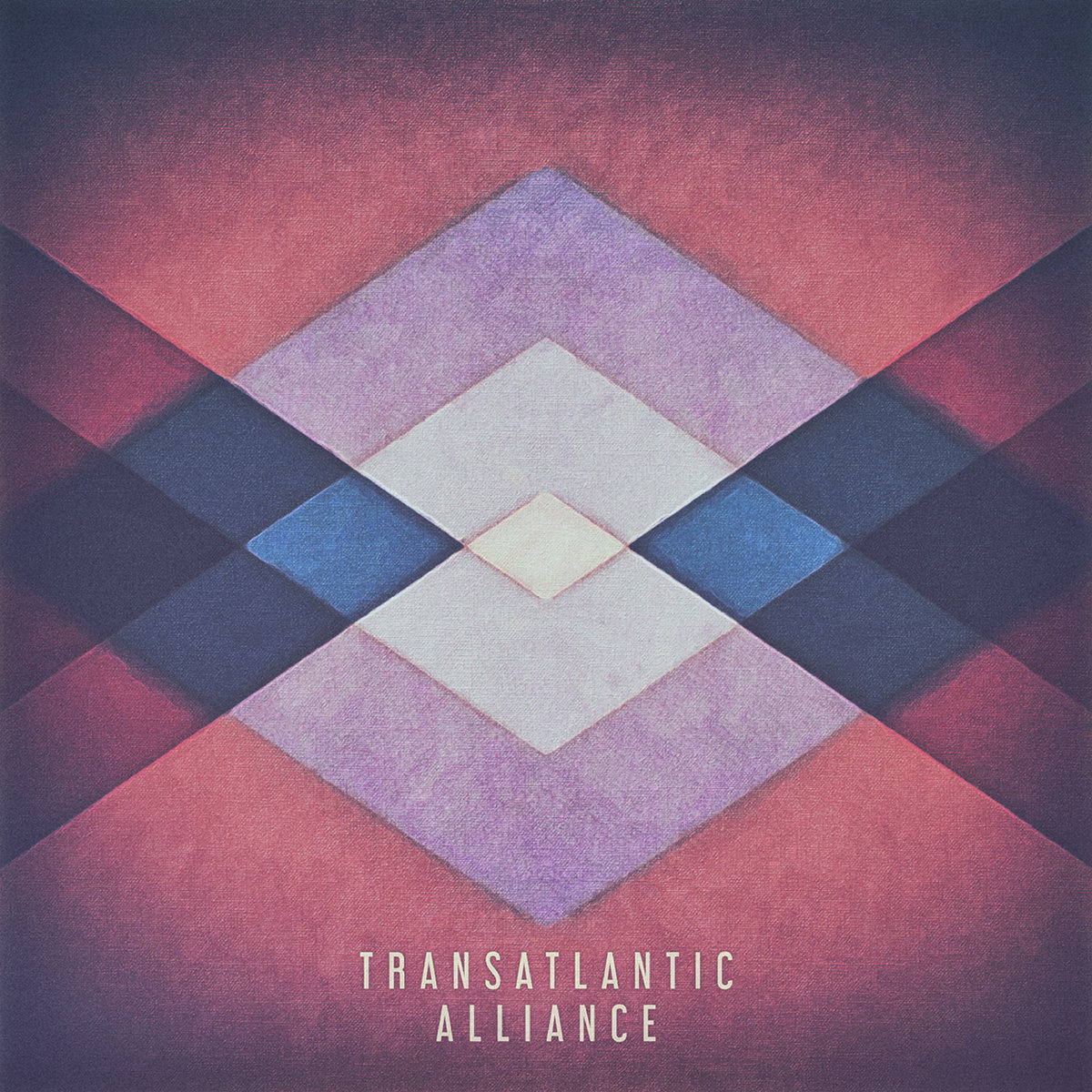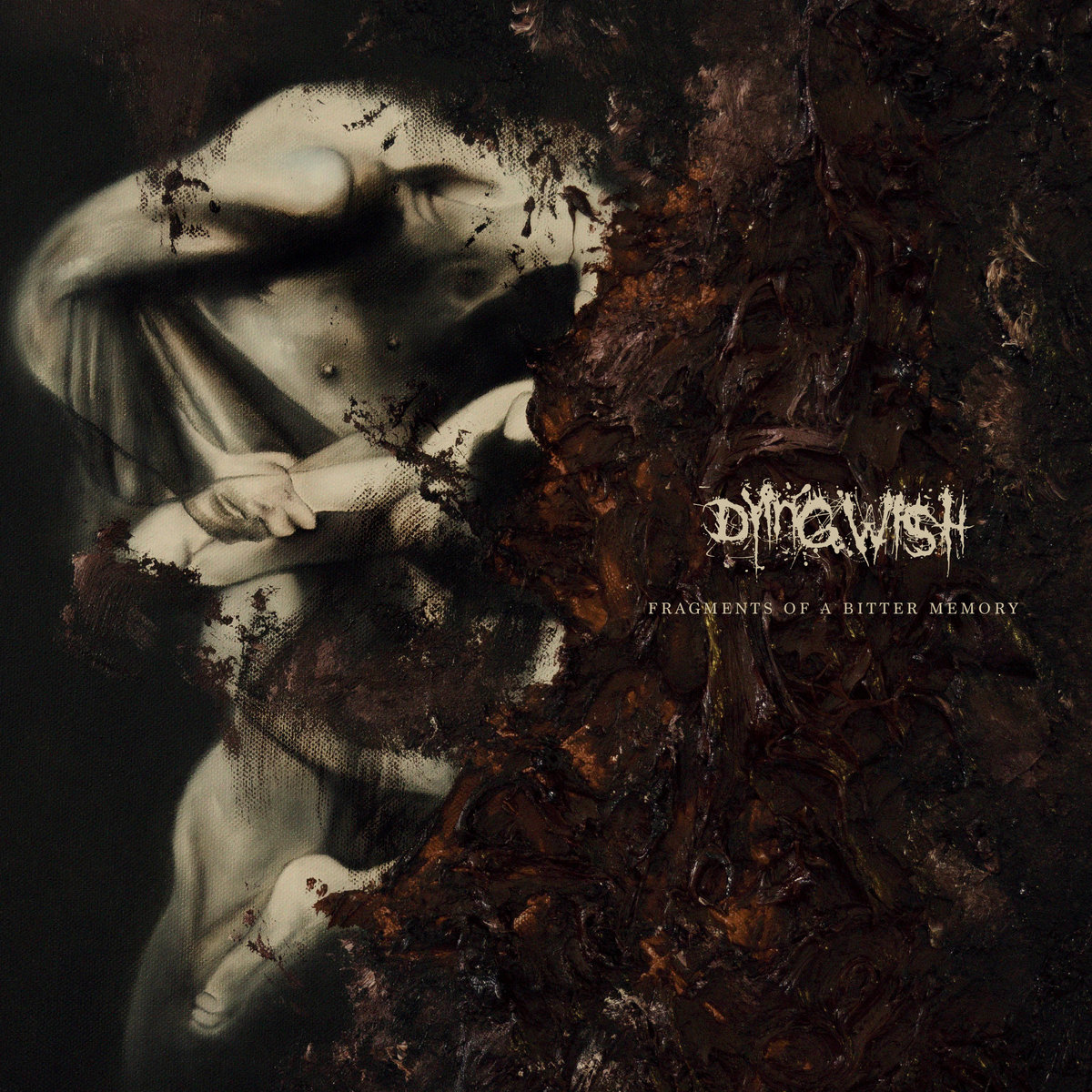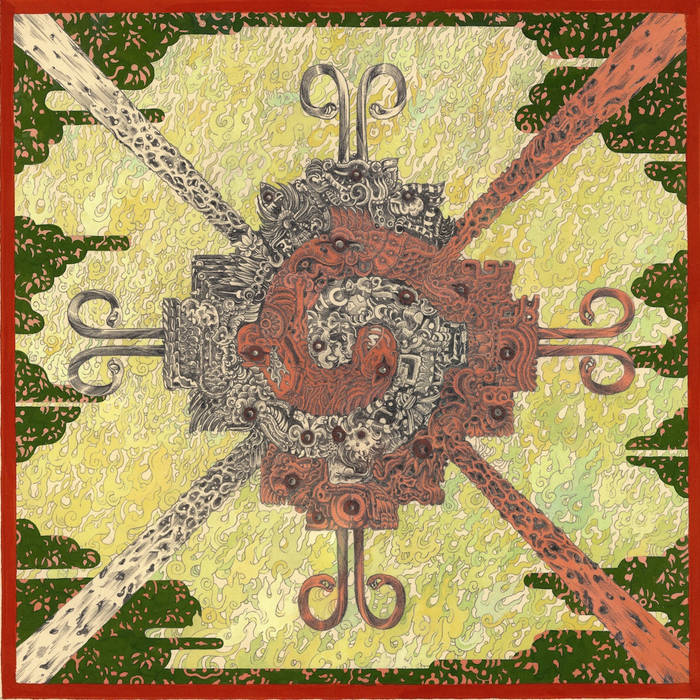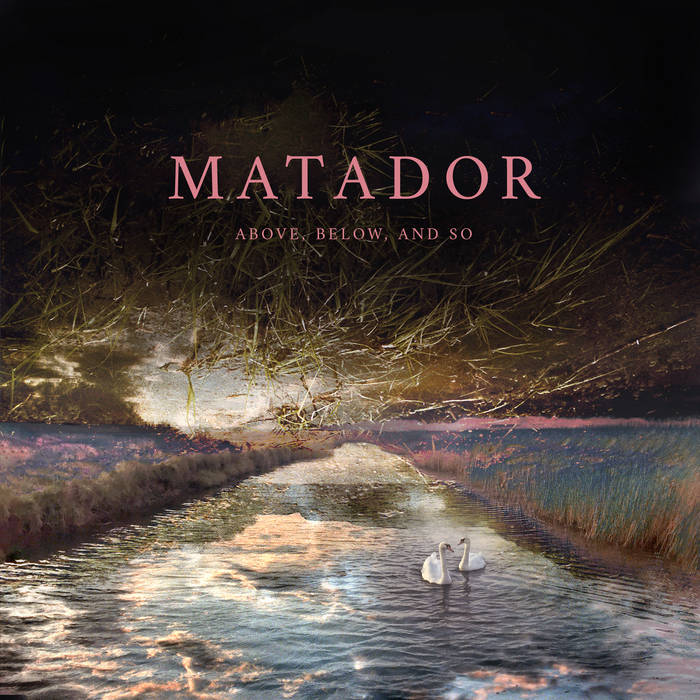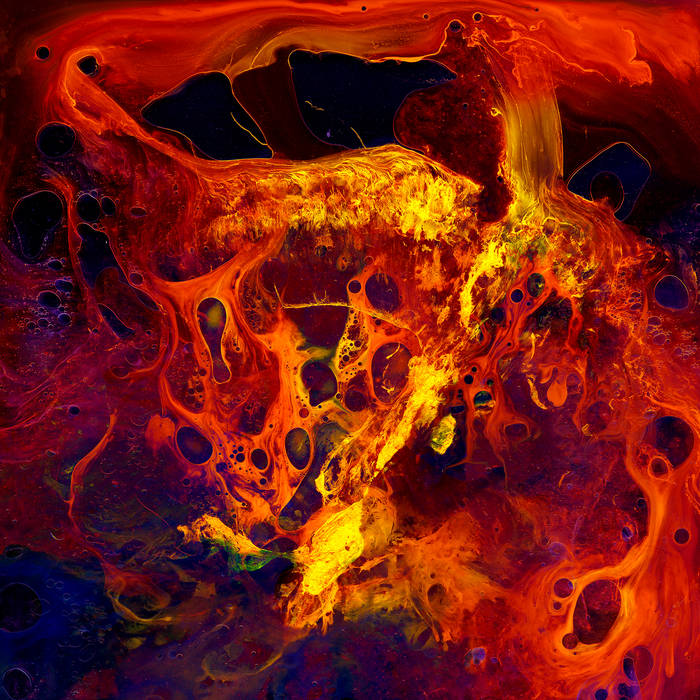By and large, the COVID-19 pandemic forced bands to change their perspective in a wide variety of ways when it came to writing music as they could no longer meet up in person due to various restrictions and lockdowns being put into place and as a result, the creative output of many of them have had a very different vibe from their usual releases. But what if you’re in a band with only one member? Deer Park Ranger and rhubiqs are two such acts that decided to put forward a collaborative release under the fitting moniker Transatlantic Alliance, the eponymous debut album of which is, by far, greater than the sum of its parts.
Now, don’t get me wrong! Both rhubiqs (a.k.a Tom Squires, from London) and Deer Park Ranger (a.k.a. Trevor Humphrey from Los Angeles) released two truly solid albums during the first half of 2020, titled Migratory Paths and Adaptation respectively, which is also around the time the two met in one of the many online communities celebrating post-music at the beginning of the pandemic lockdown. On top of both being solo projects, they realized they had plenty other things in common and a lot of similar influences. What essentially started with Trevor sending Tom a three-minute track he was working, who then proceeded to not only add his own layers to it but also wrote a whole second movement, ended up becoming the majestic nine-minute closer of the album after a few passes back and forth, called “Bouvet Island”, named after a subantarctic volcanic island in the South Atlantic Ocean. The sheer amount of atmosphere present on this album is breathtaking, as if going far above the clouds, getting a view of Earth from the edge of space, diving deep underneath the ocean as well as riding the very waves themselves, something that is even further evoked by the name of the entente itself.
The opening track, “A Walker Without Wings”, starts off with a rhythmic drone that picks up pace, as if speeding down a runway with an airplane, and just before it takes off, there’s some radio chatter, a climax and then that feeling of being nearly weightless as the airplane levels out, which is also where the track ends, as if suspended in the air. The second track “Gossamer Webs” takes its name from the silk that select species of spiders use to propel themselves through the air. However, don’t let the name fool you – this song still carries some weight for the first half of the track, with a bassline driving it onwards, before it takes on a more ethereal vibe, until it eventually picks up again, ascending to a very warm crescendo at the end.
The third track, “Stay Inside”, begins with a mellow piano and an audio sample of what appears to be an old man telling us the tragic story of his life and how he ended up becoming homeless, which definitely struck an emotional chord. The fourth track, “Broken Emeralds”, acts like an ambient interlude for the most part, with samples of children playing in the background, before suddenly erupting into a short but very satisfying burst of energy. Eventually, it fades into the fifth track, “Saint Wulfstan”, named after an 11th-century bishop of Worcester, which acts as a segue into the sixth and final track of the album, “Bouvet Island”, which as mentioned previously, was also the first track they finished; and what a finisher it is.
To summarise: as an amalgamation of two separate solo projects, Transatlantic Alliance has managed to combine the absolute best of both of their worlds, fusing electronic elements with more traditional and modern Post-Rock into a truly evocative experience that lets you soar the highest of skies like a lofty albatross, dive to the very depths like a whale, or just drift across the ocean like a massive iceberg, letting the North Atlantic Drift guide you. I just hope that this wasn’t both the beginning and the end of this venture, but the first album of many to come.

